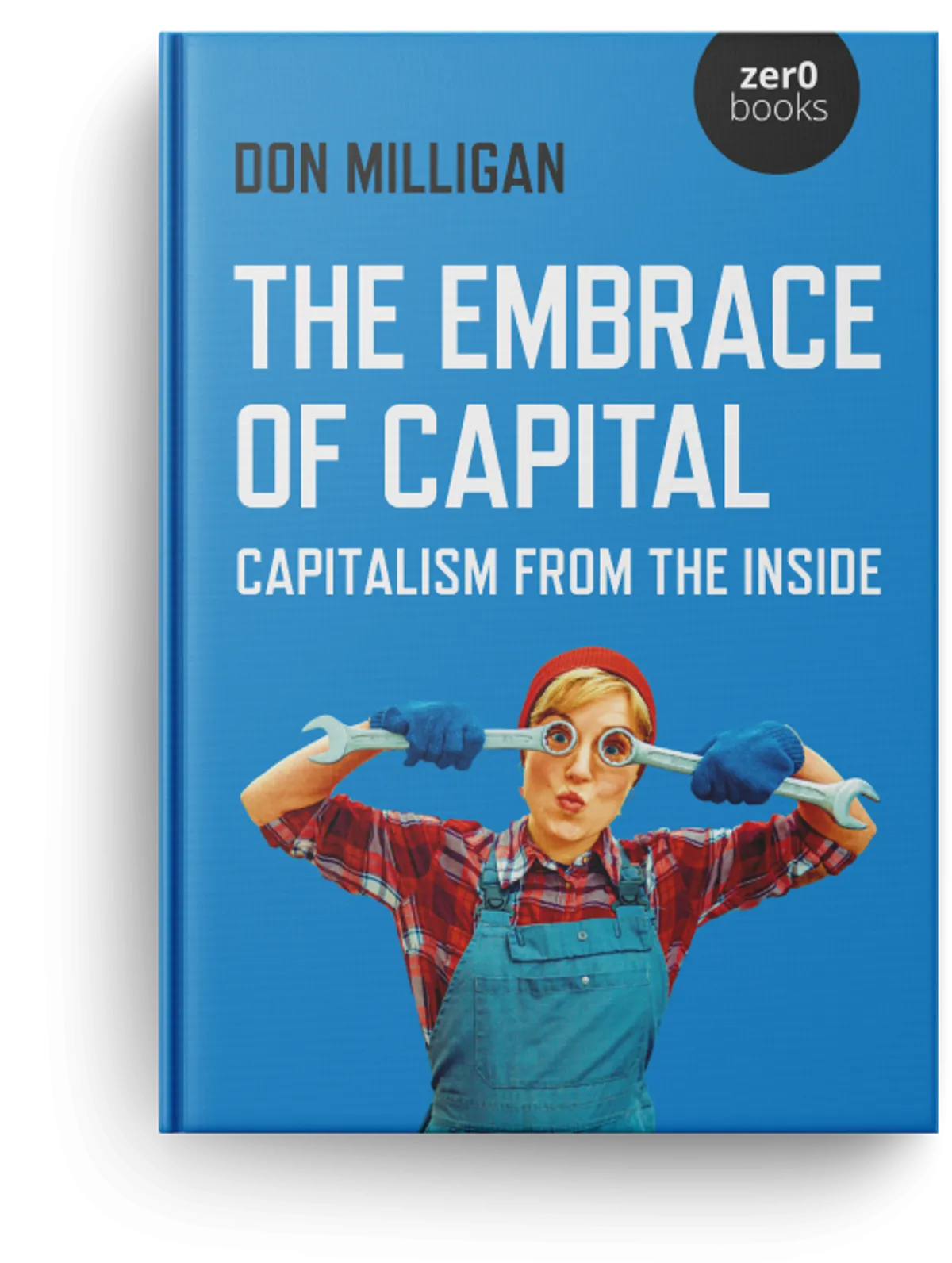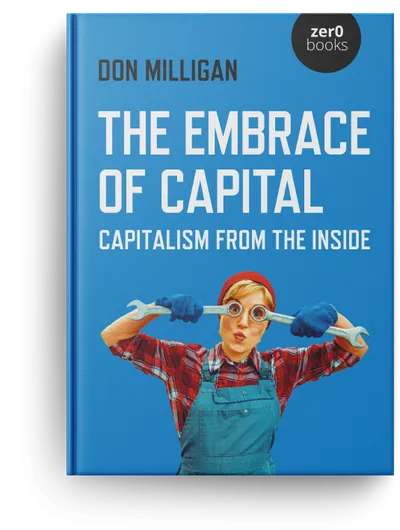By using this website, you agree to our Privacy Policy
×CAPITALISM
How late is Capitalism?


A reflection on Paul Mason’s book
Postcapitalism: A guide to our future
Don Milligan
The idea that capitalism is in some sense ‘late’ or is approaching its end-time, has been floating around in Marxist circles for well over a century. It has often been the product of highly sophisticated theoretical work that has attempted to fathom the social, cultural, and economic transitions to which capitalism has given rise.1 Paul Mason’s new book is the latest, and perhaps the most radical, in this long tradition.
1 See particularly, Ernst Mandel, Late Capitalism, 1972, London: Verso, 1999. Fredric Jameson, ‘Postmodernism: or, the Cultural Logic of Late Capitalism’, 1984, in Postmodernism: or, the Cultural Logic of Late Capitalism London: Verso, 1991.
Mason builds upon the work of Antonio Negri2 and locates what he regards as the terminal nature of the difficulties facing capitalism with the emergence of an economy dominated by the production and distribution of information, which he argues has begun to undermine the role of supply and demand in the determination of prices.
2 Antonio Negri, Marx Beyond Marx: Lessons on the Grundrisse, 1984, London & New York: Pluto & Autonomedia, 1991.
He, like his predecessors, is passionate in his enumeration of the things wrong with the world; things that he thinks indicate that capitalism is, so to say, running on empty: civil wars, emerging military tensions and conflicts, refugees by the million, political instability, economic stagnation, austerity, immiseration, and ecological crisis. One could, of course, respond, with a quick step through the ‘short’ twentieth century (1914-1989) from the Great War to the great depression, from the dust bowl to the rebellion of General Franco, then on to the rape of Nanking, the fall of Berlin, the detonation of Little Boy and Fat Man over Hiroshima and Nagasaki, through to the long boom and the collapse of the Soviet Union. Capitalism has barreled along from one catastrophe to another and emerged reborn on a number of occasions in the past – what’s to stop it doing so again and again?


Pre-order today
“Genuinely thought provoking and provocative. A much-needed takedown of what Orwell once called the ‘smelly little orthodoxies’ of the left, and why they are so distant and alienated from the working class they claim to fight for.” - Ralph Leonard
PRE-ORDER on AMAZON


